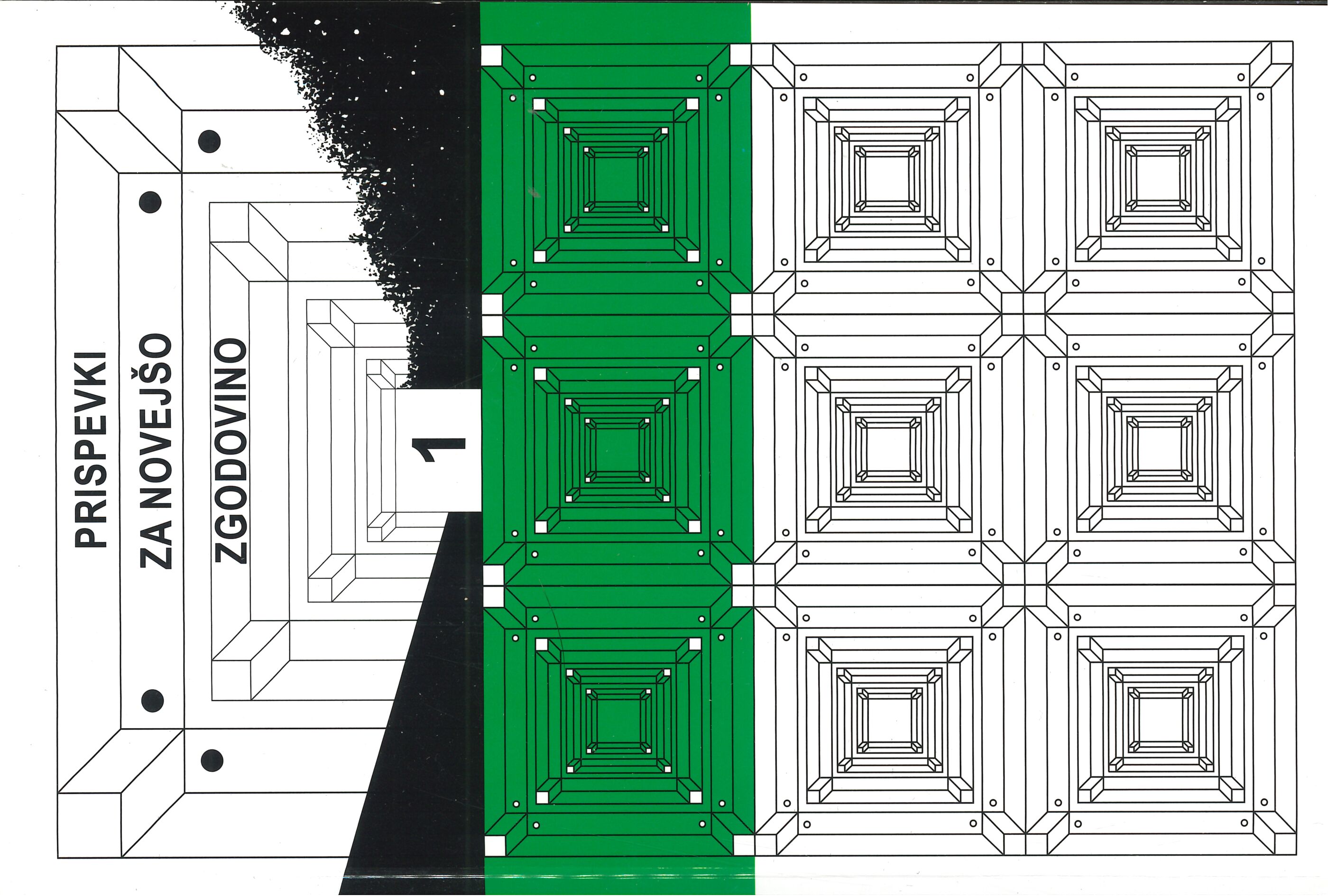Frankistična vstaja kot oživitev rekonkviste: analiza »remedievalizacije«
DOI:
https://doi.org/10.51663/pnz.56.1.03Ključne besede:
Spain, military coup, Falange, Franco, civil warPovzetek
FRANCOIST UPRISING AS A REVIVAL OF THE RECONQUISTA: ANALYSIS OF "REMEDIEVALISATION"
In his article the author emphasises the main reason for the military uprising against the Republican authorities in Spain. In the opinion of the conservative parts of the Spanish society, especially the military and the Catholic hierarchy, the main reason was that the republic was altering the essence of Spain. On the contrary, the Republicans understood their politics as the modernisation of Spain. The military uprising against the Republican authorities started in North Africa (in Melilla) on 17 June 1936. In the end of September of the same year, the Bishop of Salamanca blessed the coup d'état in his pastoral letter and designated the conflict as a righteous crusade. The military rebels adopted the red and yellow flag, introduced by Charles III of Bourbon at the end of the 18thcentury. They also tried to develop their own concept of a leader – a Führer – the so-called theory of caudillismo, which went hand in hand with the doctrine of the German NSDAP. They rejected parliamentary democracy and the rule of law as condemnable symptoms of the liberal period. The ideological momentum of the Francoist state was mostly based on falangism and national syndicalism. Franco himself believed in his divine mission. When the war ended in April of 1939, a difficult post-war period began. Many of the people who are still alive remember it as a period worse than the war itself.
Literatura
Alonso Millán, Jesús. La guerra total en España (1936–1939). Google Libros, 2013.
Atlas cronológico de la Historia de España. Madrid: Real Academia de la Historia / SM, 2008.
Box Varela, Zira. »La fundación de un régimen. La construcción simbólica del franquismo.« Doktorska disertacija, Universidad Complutense Madrid, 2008.
Carr, Raymond. España 1808–1975. Barcelona: Ariel, 2007.
García Cárcel, Ricardo. La herencia del pasado. Las memorias históricas de España. Barcelona: Galaxia Gutenberg, 2011.
Gibson, Ian. En busca de José Antonio. Madrid: Aguilar, 2008.
Gómez Cuesta, »Cristina. La construcción de la memoria franquista (1939–1959): Mártires, mitos y conmemoraciones.« Studia Historica, Historia Contemporánea, št. 25 (2007): 87–123.
Gómez Marín, Inmaculada in Hernández Jiménez, José Antonio. »Revisión de la Guerra Civil Española y la posguerra como fuente de traumas psicológicos desde un punto de vista transgeneracional.« Revista electrónica de psicoterapia, št. 5 (3), oktober 2011, str. 473–491.
Gracia, Jordi. José Ortega y Gasset. Madrid: Taurus, 2014.
Historia política, 1875-1939. Madrid: Ediciones Istmo, S.A., 2002.
La Gran represión: los años de plomo de la posguerra (1939−1948). Barcelona: Flor de Viento, 2009.
Montero Moreno, Antonio. Historia de la persecución religiosa en España. Madrid: Biblioteca de Autores Cristianos, 1998.
Nerín, Gustau. La guerra que vino de África. Barcelona: Crítica, 2005.
Preston, Paul. Franco. Barcelona: Grijalbo, 1994.
Raguer, Hilari. The Catholic Church and the Spanish Civil War. London, New York: Routledge, 2007.
Solé i Sabaté, Josep María in Villarroya, Joan. España en llamas. La guerra civil desde el aire. Madrid: Temas de Hoy, 2003.
Trapiello, Andrés. Las armas y las letras. Literatura y guerra civil (1936–1939). Barcelona: Destino, 2011.
Viñas, Ángel. »Franco y la subversión de la memoria.« V: España en la memoria de tres generaciones. De la esperanza a la reparación, ur. Julio Aróstegui. Madrid: Editorial Complutense y Fundación Largo Caballero, 2007.
Zambrano, María. Horizonte del liberalismo. Madrid: Ediciones Morata, 1996.
Zambrano, María. La tumba de Antígona. Madrid: Cátedra, 2012.
Zambrano, María. Persona y democracia. Siruela: Anthropos, 2011.
Prenosi
Objavljeno
Številka
Rubrika
Licenca
Avtorji prispevkov, objavljenih v tej reviji, soglašajo z naslednjimi pogoji glede avtorskih pravic:
- Avtorji ohranijo avtorske pravice, reviji pa odobrijo pravico do prve objave. Delo se hkrati zaščiti z licenco za prosto uporabo avtorskih del (Creative Commons Attribution License), ki drugim osebam omogoča deljenje dela ob priznanju avtorstva in prve objave v tej reviji.
- Avtorji lahko sklenejo ločene dodatne pogodbene dogovore za neizključno distribucijo različice dela, objavljene v reviji, (npr. oddaja v institucionalni repozitorij ali objava v knjigi) z navedbo, da je bilo delo prvič objavljeno v tej reviji.
- Pred postopkom pošiljanja in med njim lahko avtorji delo objavijo v spletu (npr. v institucionalnih repozitorijih ali na svoji spletnih strani), k čemer jih tudi spodbujamo, saj lahko to prispeva k plodnim izmenjavam ter hitrejšemu in obsežnejšemu navajanju objavljenega dela (glej The Effect of Open Access).


